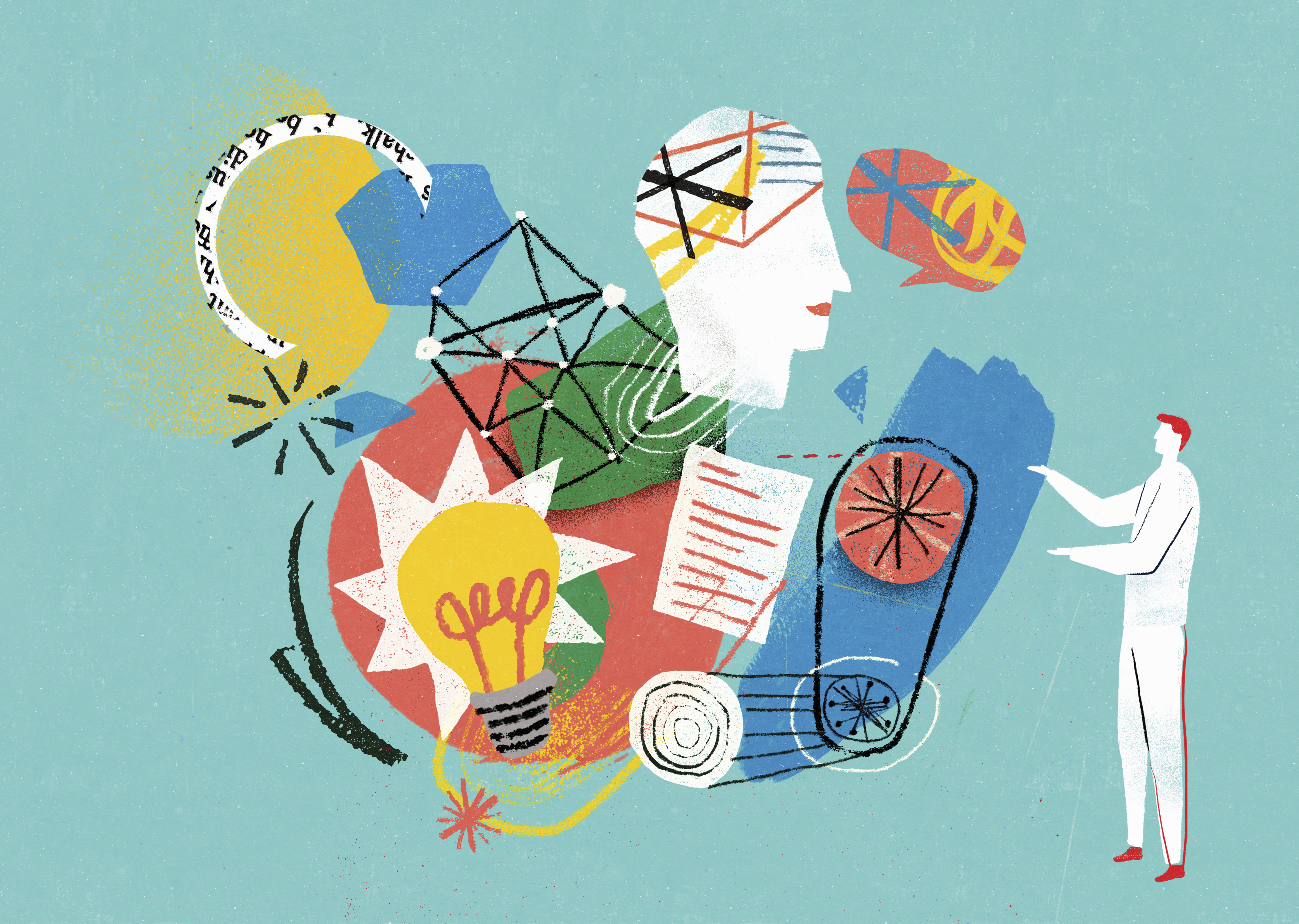
"Creative output has traditionally required effort - hours spent staring down the empty page, crumpled drafts tossed in the trash. But through years or decades of dedicated toil, one could achieve mastery and derive meaning from one's accomplishments. Generative AI is poised to change that equation. Can we derive meaning from art produced with no effort? The Gazette asked philosophers and psychiatrists about the value of struggle itself - and what we lose if there's an easier way out."
"Some people - and this is not my view - think, for example, that if somebody is a natural at something, like if they're a virtuoso violin player, then the very fact that the person is not trying hard is part of what's so impressive. People with that kind of view are not going to be so worried about not trying hard per se as a curtailment on an accomplishment."
"That's not my view. I love trying hard. I think there are lots and lots of cases in which it just seems intuitive that the resources that somebody invests in pursuit of a goal redound to the person's credit and make the result something that reflects more well on the person. And when I say resources, I'm thinking about the obvious things like time and money, but I'm also thinking about the more intangible, harder-to-measure things like cognitive resources or emotional resources."
Generative AI alters the traditional link between effort and creative mastery by enabling high-quality outputs with little personal toil. The emergence of easy production raises questions about whether meaning and credit attach to works created without struggle. Philosophers of action disagree about the moral relevance of trying and about whether natural talent versus effort changes the value of an achievement. Some admire virtuosity requiring less visible struggle; others value the resources—time, money, cognitive and emotional investment—that make accomplishments reflect well on a person. In instrumental contexts where only outcomes matter, outsourcing effort can be acceptable; in expressive contexts, loss of struggle may diminish personal credit and meaning.
Read at Harvard Gazette
Unable to calculate read time
Collection
[
|
...
]